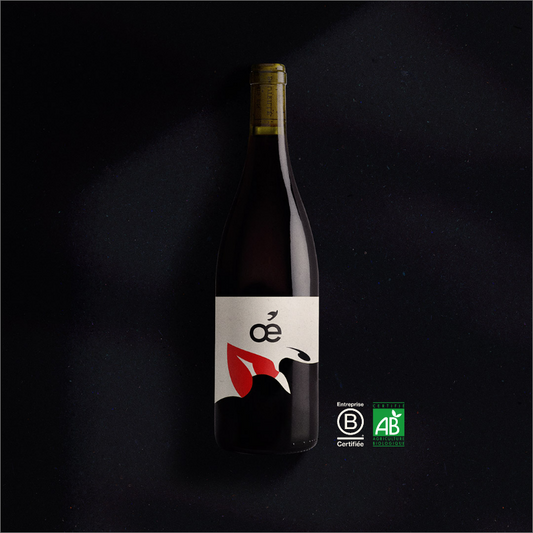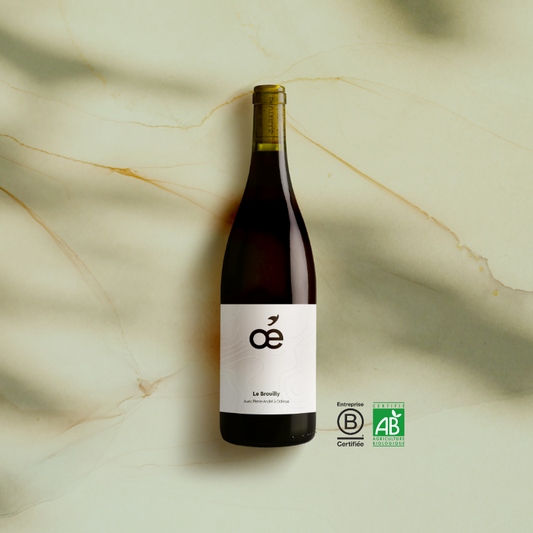The cork is the one that makes that soft “pop” when you uncork a bottle. Here we are talking about six different corks, their specificities and their impact on the environment.

The cork stopper. It is natural and cut from cork oak bark slabs. It is efficient, strong and impermeable to liquids, it allows a small amount of oxygen to pass through to let the wine evolve in the bottle and age gently. These are the ones we have chosen for our responsible bottles. They are made of natural cork and come from FSC forests. Its only drawback: it can be affected by the TCA bacteria which gives the wine the ''taste of cork''.
The screw cap. It is made of aluminum with a tin coating and a waterproof seal and it is already adopted in Australia, the United States, New Zealand and Switzerland. We rarely use it little in France. No more wines with cork odors, they better preserve aromas and flavors. However, it cannot be used for wines for laying down (those that we leave to age in the cellar).
The agglomerated cap. It is made with offcuts from natural cork by molding or extrusion. It is elastic and waterproof. The cork in small pieces is agglomerated with a binder, and is used on young drinking bottles since it does not allow the wine to evolve as it would with a cork stopper.
The sugar cane cork is very recent and made from plants derived from sugar cane. Their raw material is renewable and its carbon footprint is zero at the end of production. Its weak point, it is generally made in South America, transport is therefore harmful to the planet. In contrast, sugarcane plants are grown in a socially responsible manner, with minimal impact on food supply and deforestation.
The glass stopper. It is recent and allows you to recap the bottle in a clip. Fully recyclable, it also guarantees the purity of the smart aromas! The cap and the bottle are sexy and serve as your water jug once the bottle is empty. It is perfect for wines without aging but does not correspond to wines for laying down which need to breathe in the bottle.
The synthetic cork. It is used for fast-drinking wines and on low-end bottles, its price defies all competition. It requires a lot of energy for its production: about 1 ton of oil for 13,000 bottles of wine. Nice, isn't it?
What to buy? All plugs have their pros and cons. We still prefer natural cork stoppers from FSC forests ;-) #Drinkgood





